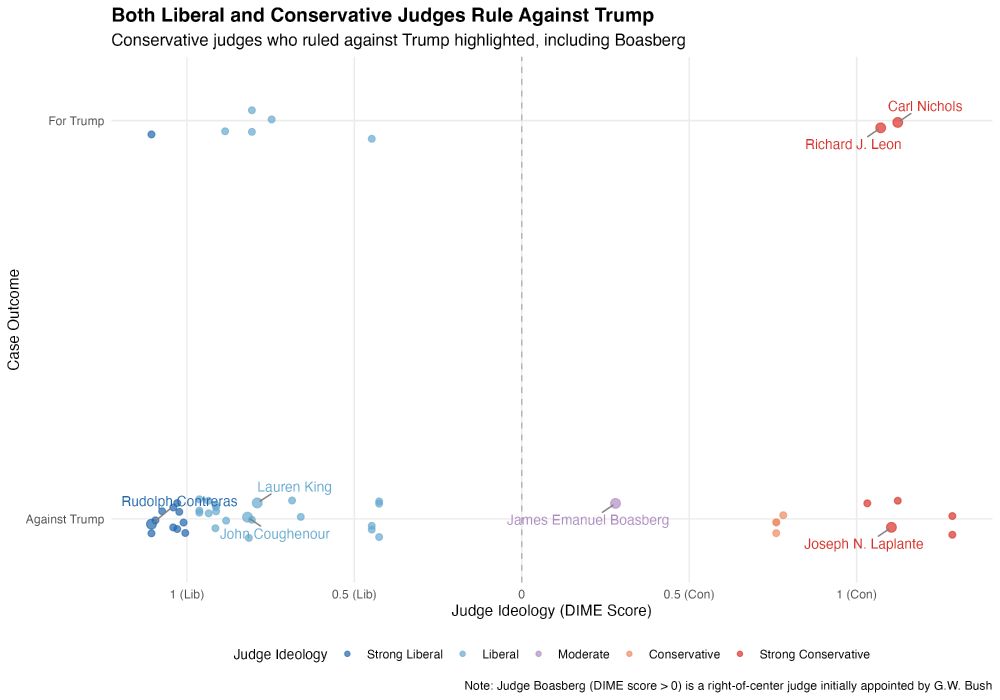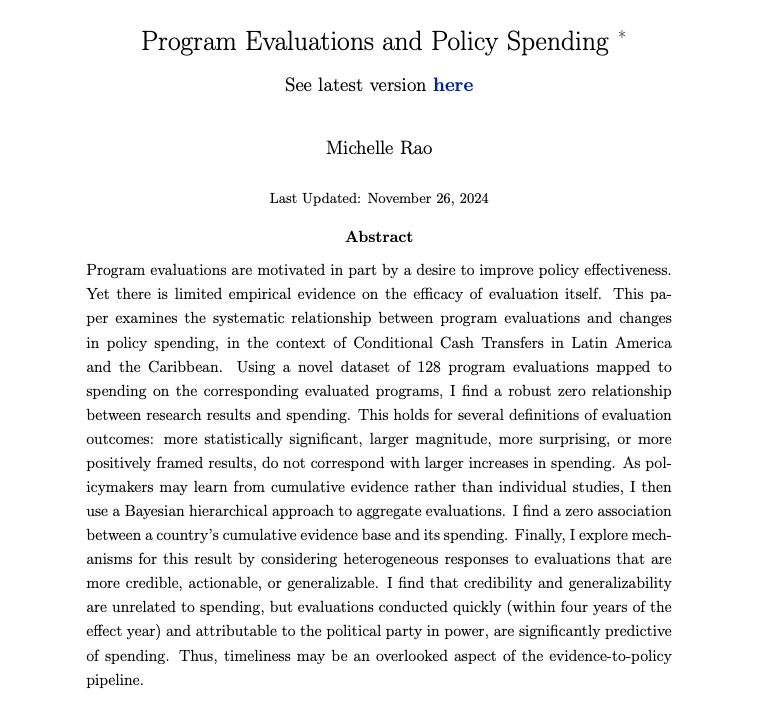My website: http://sites.google.com/view/gustav-alexandrie/

Highly recommended, my Goodreads review: www.goodreads.com/review/show/...

Highly recommended, my Goodreads review: www.goodreads.com/review/show/...
www.goodthoughts.blog/p/a-quick-fi...


Drawing on the experiences of other countries that succeeded or failed at preventing the entrenchment of authoritarians.

Drawing on the experiences of other countries that succeeded or failed at preventing the entrenchment of authoritarians.
Most actions so far are under legal challenge, only Congress can get rid of USAID (and its funding), the staff are on administrative leave.
What has happened is terrible, but it is time to push back, not give in.
Most actions so far are under legal challenge, only Congress can get rid of USAID (and its funding), the staff are on administrative leave.
What has happened is terrible, but it is time to push back, not give in.
He confuses USAID's 90% reliance on intermediaries -- US companies delivering HIV drugs, WFP delivering food aid -- with waste. Comical if not so dangerous.
@rachelbonnifield.bsky.social & I break down where aid goes: www.cgdev.org/blog/no-90-p...

He confuses USAID's 90% reliance on intermediaries -- US companies delivering HIV drugs, WFP delivering food aid -- with waste. Comical if not so dangerous.
@rachelbonnifield.bsky.social & I break down where aid goes: www.cgdev.org/blog/no-90-p...
We develop an approach for safely delegating to strategically aware and potentially misaligned AI systems. The theoretical tool we use is sequential information design with imperfect recall.
A short thread on the key highlights.

We develop an approach for safely delegating to strategically aware and potentially misaligned AI systems. The theoretical tool we use is sequential information design with imperfect recall.
A short thread on the key highlights.
Luckily, incomes in poor countries have increased faster in *relative* terms (figure to the right).


Luckily, incomes in poor countries have increased faster in *relative* terms (figure to the right).
For example, formal-methods training in philosophy is focused on logic, but in my view most of the exciting work in both ethics and epistemology relies much more on probability theory and decision theory (which are not part of the standard curriculum).

For example, formal-methods training in philosophy is focused on logic, but in my view most of the exciting work in both ethics and epistemology relies much more on probability theory and decision theory (which are not part of the standard curriculum).
This book does much better in that regard! (Though I would have wished for even more on the aggregation theorem.)
It all started in 2016: I was giving the introduction to ethics lectures at Oxford and I was frustrated by how utilitarianism was presented to students in introductory materials...
This book does much better in that regard! (Though I would have wished for even more on the aggregation theorem.)


Deadline 1 Dec - keen to get range of applicants with experience working on growth.
Can be based anywhere!
JD: bit.ly/lmicgrowth
Rationale: bit.ly/lmicgrowth-research
Referrals: bit.ly/openphil-referrals
1/n

Deadline 1 Dec - keen to get range of applicants with experience working on growth.
Can be based anywhere!
JD: bit.ly/lmicgrowth
Rationale: bit.ly/lmicgrowth-research
Referrals: bit.ly/openphil-referrals
1/n
Luckily, incomes in poor countries have increased faster in *relative* terms (figure to the right).


Luckily, incomes in poor countries have increased faster in *relative* terms (figure to the right).
"the increase in traffic density from a typical additional driver increases total statewide insurance costs of other drivers by $1,725–$3,239 per year [in California]"
From old paper, but huge if correct: www.journals.uchicago.edu/doi/full/10....

"the increase in traffic density from a typical additional driver increases total statewide insurance costs of other drivers by $1,725–$3,239 per year [in California]"
From old paper, but huge if correct: www.journals.uchicago.edu/doi/full/10....

